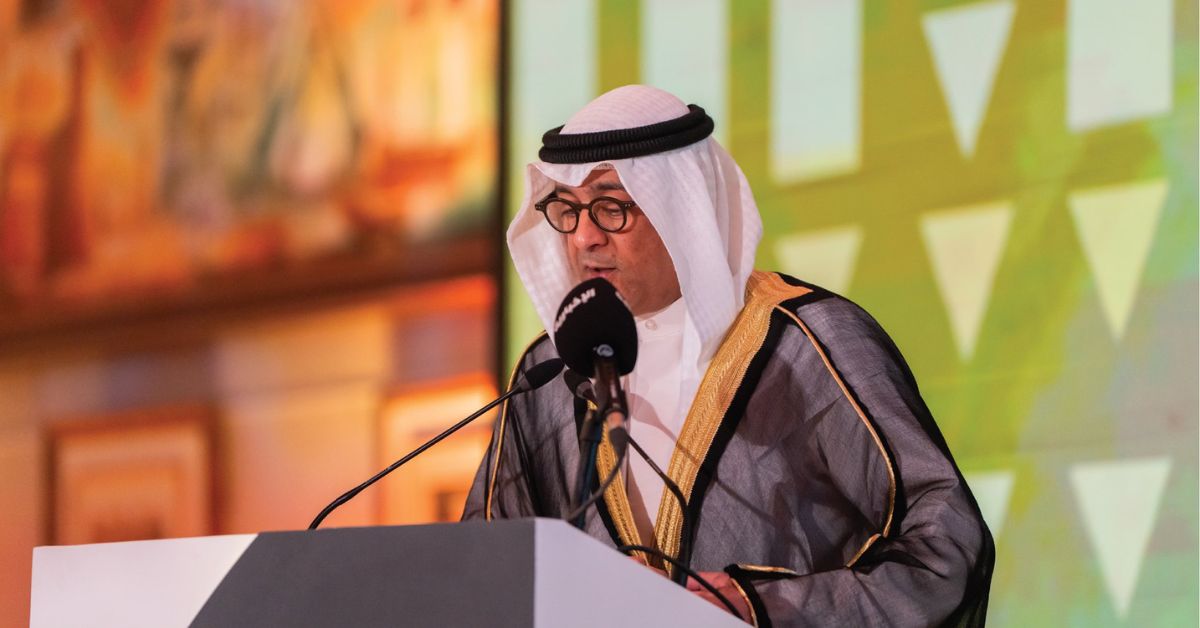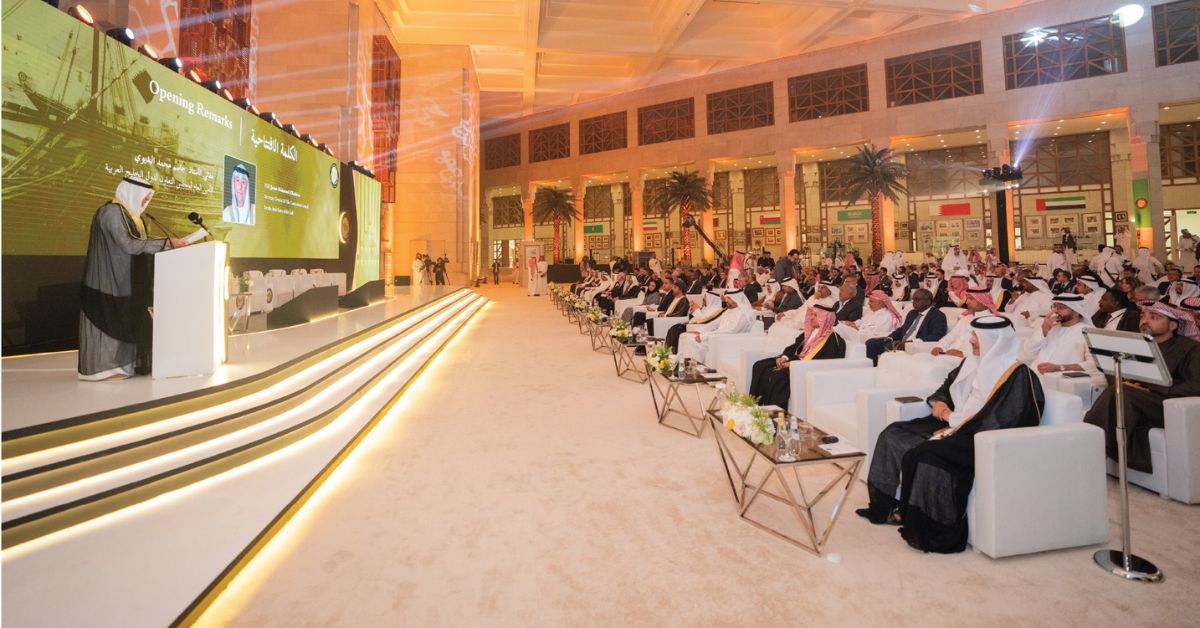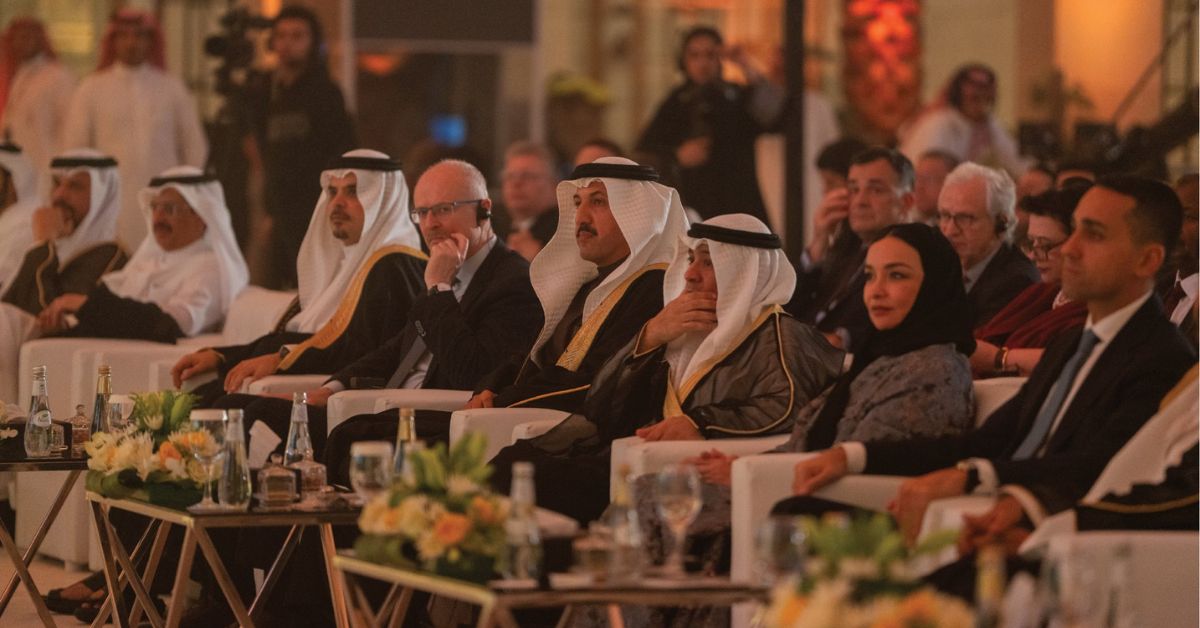RIYADH – The Gulf Cooperation Council (GCC) has, for the first time in its 43-year history, unveiled a strategic vision aimed at enhancing regional security and stability.
Announced in Riyadh, Saudi Arabia, this strategic vision articulates a unified commitment among the GCC member states to navigate the complexities of regional disputes through a pathway of diplomacy and dialogue, fundamentally renouncing the use of force.
This strategic framework represents a critical milestone for the GCC, emphasizing the resolution of disagreements through peaceful means as indispensable to the protection of regional security and stability.
It marks a departure from previous approaches, advocating for a more cohesive and harmonious method in addressing the intricacies of interstate relations within the Gulf region and beyond.
The vision’s emphasis on diplomacy over forceful measures is not merely a policy choice but a profound declaration of the GCC’s dedication to fostering a climate of mutual respect, understanding, and cooperation among its member states and with the international community.
By prioritizing dialogue and negotiations, the GCC aims to ensure that disputes are settled in a manner that preserves the sovereignty, dignity, and interests of all parties involved, thereby contributing to a more stable and secure regional environment.
This initiative is particularly notable against the backdrop of historical tensions and conflicts within the region, signifying a collective aspiration towards unity and peace.
The strategic vision, with its comprehensive framework for peaceful dispute resolution, sets a new precedent for how the GCC envisions its role and responsibility in the global arena, emphasizing the importance of a collaborative approach to security challenges.
In essence, the GCC’s strategic vision for regional security and stability is a clarion call for a new era of diplomacy and peace in the Gulf region. It reflects a deep-seated belief among the GCC countries in the power of dialogue to bridge differences and build a future marked by shared prosperity and security.
As such, this strategic vision is poised to play a pivotal role in shaping the geopolitical dynamics of the Gulf region, offering a beacon of hope for peaceful coexistence and cooperation in an increasingly complex and interconnected world.
The strategic vision is grounded in the principles of the GCC charter and international law, emphasizing the interconnected security of its member states against the backdrop of regional and global instability.
GCC Secretary General Jasem Mohamed Albudaiwi articulated the vision as a testament to political and moral commitment towards unity, emphasizing dialogue, cooperation, and respect for diverse perspectives as fundamental to overcoming challenges.
“We are proud to launch its strategic vision for regional security, which embodies our firm commitment to promoting dialogue and fruitful and constructive cooperation, based on the sincerity of intentions, principles, international conventions and laws,” he said.
“This vision highlights and emphasizes the importance of regional and international coordination and joint action to achieve peace and stability, and our invitation is open to all parties to join and transform this vision into A tangible reality that leads us to a bright, safe and secure future,” Albudaiwi added.

Qatar’s participation in the launch, led by Dr. Khalid bin Fahad al-Khater, Director of the Policy and Planning Department at the Ministry of Foreign Affairs, highlighted the vision as a collective effort to bolster security and safety, aiming for diplomatic resolution of conflicts, and avoidance of force, thereby ensuring the region’s stability.
The initiative follows the resolution of a three-and-a-half-year dispute between Saudi Arabia, the UAE, Bahrain, Egypt, and Qatar, showcasing a renewed spirit of reconciliation and cooperation within the GCC.
The vision outlines 15 key pillars encompassing security, economic development, environmental concerns, and efforts to rid the Gulf region of weapons of mass destruction, highlighting the critical role of nuclear risk management in regional security.
The document also reflects the GCC’s proactive diplomacy with international partners, including the European Union (EU), aimed at fostering strategic partnerships. With a scheduled meeting in Luxembourg to discuss regional security issues, the GCC and EU are set to explore avenues for collaboration amidst ongoing global challenges like the war in Gaza and energy market stability.
At the heart of the GCC’s strategic vision is an emphasis on the stability of global energy markets, advocating for measures that balance the interests of producers and consumers, while cautioning against the politicization of energy issues for the broader benefit of the global economy.

The strategic vision represents a significant shift in the GCC’s approach to regional security, driven by internal and external developments.
As articulated by GCC Assistant Secretary General for Political Affairs and Negotiation, Abdel Aziz Aluwaisheg, the vision aims not only to preserve the security and stability of the GCC states but also to contribute to global peace and security.
By transforming regional challenges into opportunities for development, the GCC is poised to navigate the future through consensus-based solutions that respect the legitimate interests of all parties, avoiding polarization and fostering regional and international harmony.
This landmark initiative by the GCC marks a new chapter in the pursuit of regional security and stability, reflecting a collective determination to address the complexities of the modern world through unity, dialogue, and cooperation.








